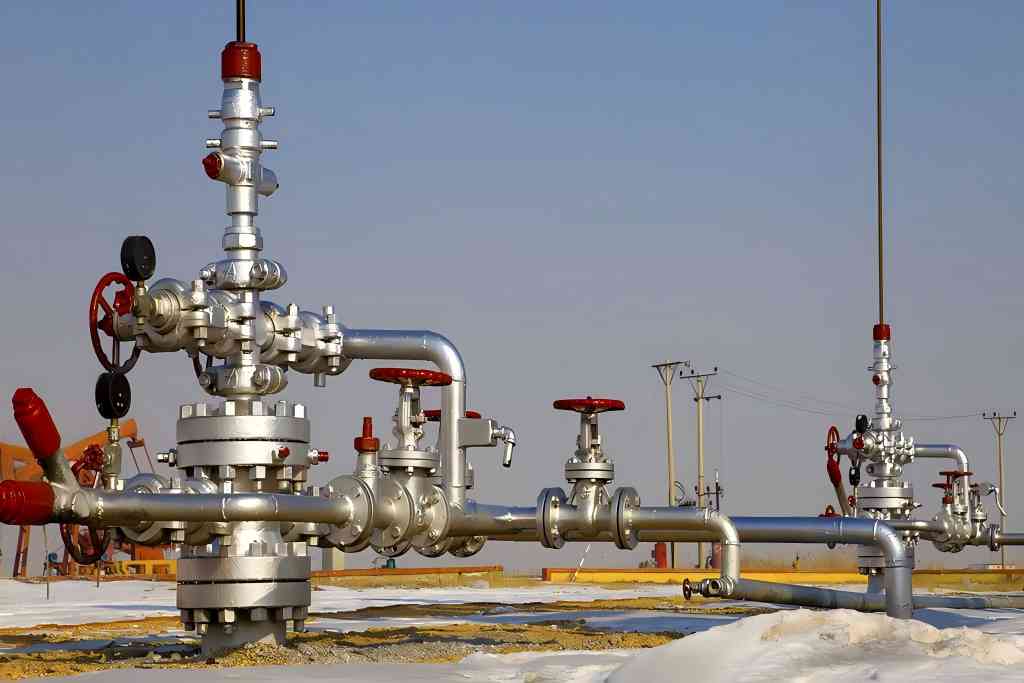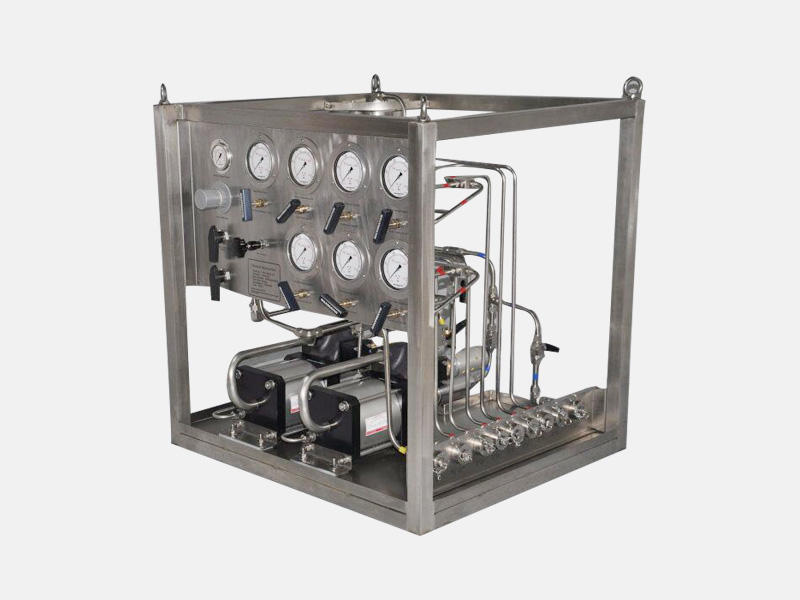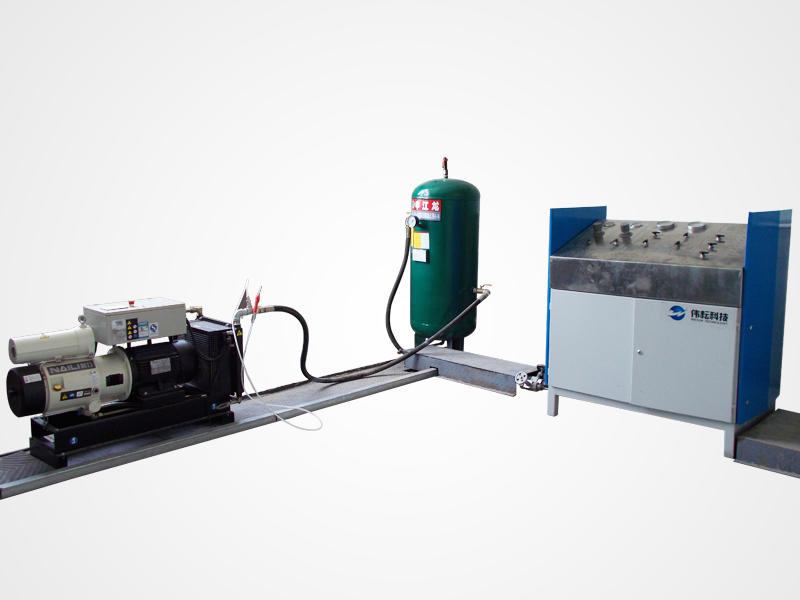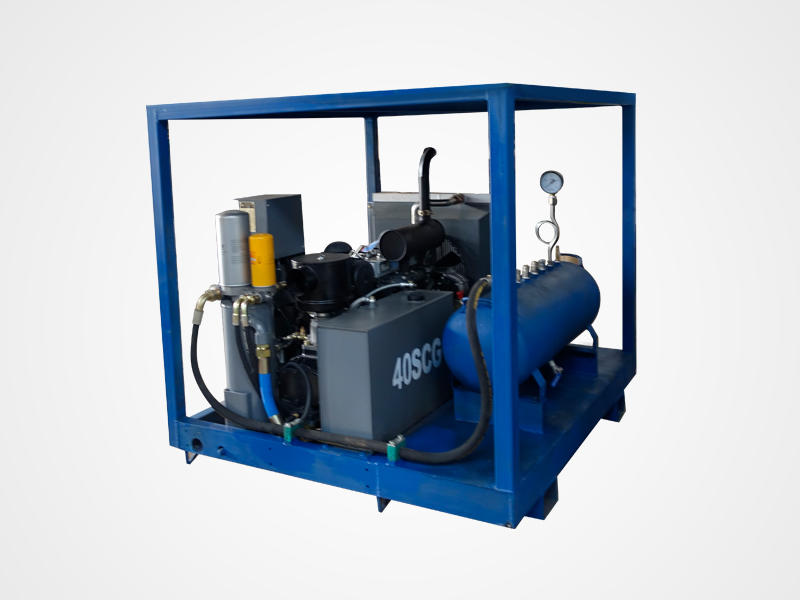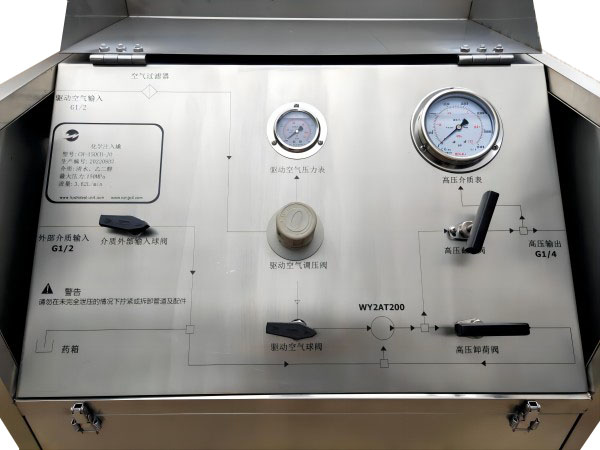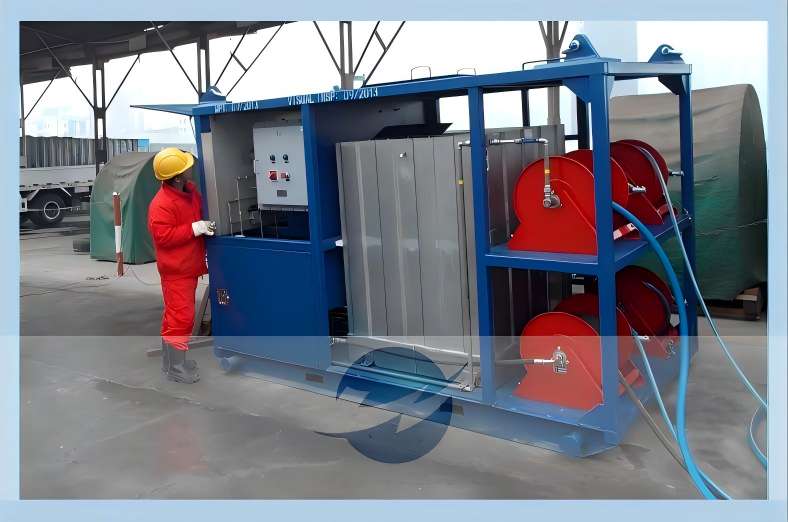5 Applications of Chemical Injection Pumps for Oil and Gas Industry
Chemical injection pumps are essential equipment in the oil and gas industry. These pumps play a critical role in ensuring the safe and efficient operation of various processes. They are used to inject various chemicals into pipelines and equipment to protect them from corrosion, prevent scale buildup, inhibit hydrate formation, break down emulsions, and prevent wax and asphaltene buildup. In this article, we will discuss the five main applications of chemical injection pumps for oil and gas industry.
Deliver Corrosion Inhibitors
One of the primary applications of chemical injection pumps in the oil and gas industry is corrosion inhibition. Corrosion is a significant concern in the industry, as it can cause leaks, equipment failure, and other operational issues. Corrosion inhibitors are chemicals that are injected into pipelines and equipment to prevent corrosion. Chemical injection pumps are used to deliver these inhibitors into the system.
Corrosion inhibitors work by forming a protective film on the surface of the equipment, which prevents the corrosive fluids from coming into contact with the metal. The film can also help to heal any existing corrosion damage. There are different types of corrosion inhibitors, and the selection depends on the specific needs of the system. Some of the most commonly used inhibitors include organic and inorganic compounds, filming amines, and oxygen scavengers.
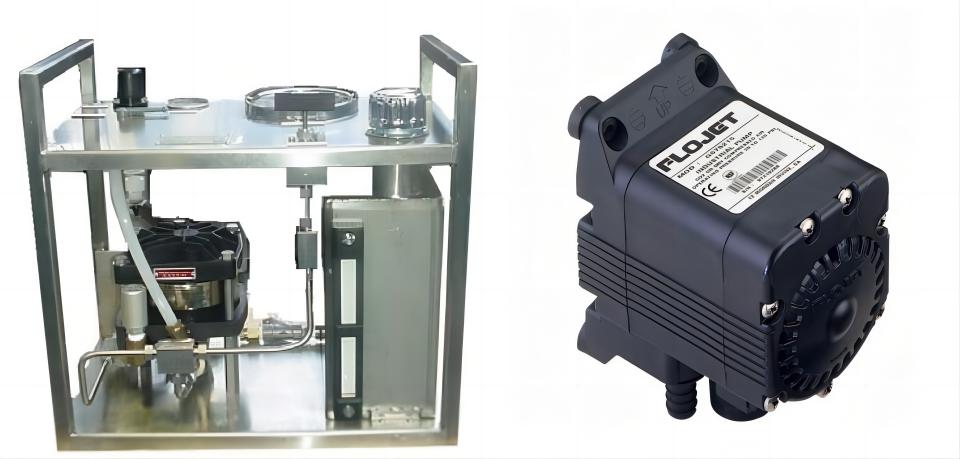
Prevent Scale Buildup
Scale buildup is another common issue in the oil and gas industry. Scale is a hard deposit that forms on the surface of pipelines and equipment due to the presence of minerals and other impurities in the fluids. Scale buildup can cause reduced flow rates, equipment damage, and even complete blockage of the system. Chemical injection pumps are used to inject scale inhibitors into the system to prevent scale buildup.
Scale inhibitors work by either preventing the formation of scale or by removing it once it has formed. There are different types of scale inhibitors, including phosphonates, polyacrylates, and polycarboxylates. The selection of the inhibitor depends on the type of scale present in the system and the specific needs of the operation.
Prevent Hydrate Formation
Hydrate formation is a significant concern in the oil and gas industry, especially in deep-water operations. Hydrates are ice-like crystals that can form when gas and water are present at high pressure and low temperature. Hydrates can cause blockages in pipelines and equipment, leading to reduced flow rates and even complete shutdowns. Chemical injection pumps are used to inject hydrate inhibitors into the system to prevent hydrate formation.
Hydrate inhibitors work by either lowering the temperature or increasing the pressure in the system. They can also work by inhibiting the crystal growth of hydrates. There are different types of hydrate inhibitors, including methanol, glycols, and salts. The selection of the inhibitor depends on the specific needs of the operation.
Break Down Emulsion
Emulsions are a common issue in the oil and gas industry, especially when water and oil mix. Emulsions can cause reduced flow rates, equipment damage, and other operational issues. Chemical injection pumps are used to inject demulsifiers into the system to break down emulsions and separate the water and oil components.
Demulsifiers work by destabilizing the emulsion and causing the water and oil components to separate. There are different types of demulsifiers, including surfactants, polymers, and enzymes. The selection of the demulsifier depends on the type of emulsion present in the system and the specific needs of the operation.
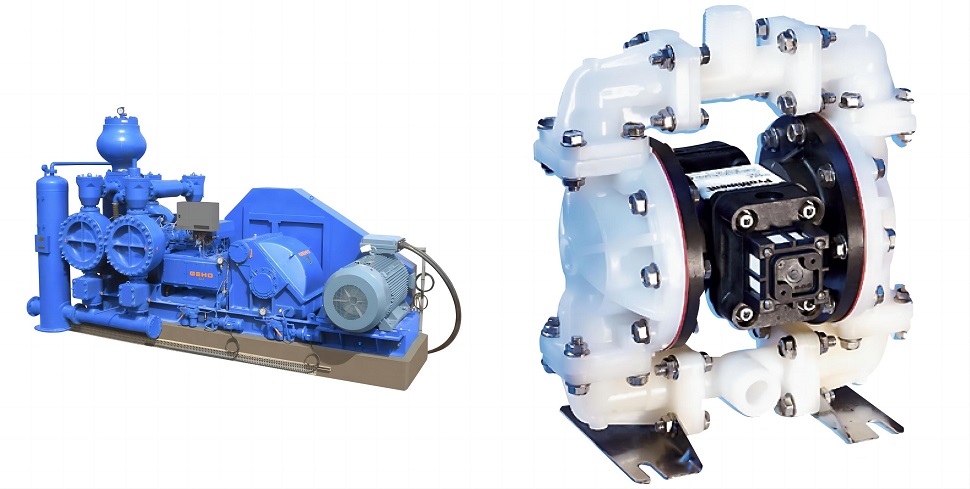
Prevent Wax and Asphaltene Buildup
Wax and asphaltene buildup is another common issue in the oil and gas industry. Wax and asphaltene can accumulate in pipelines and equipment, causing blockages and reduced flow rates. Chemical injection pumps are used to inject inhibitors that prevent the buildup of wax and asphaltene, ensuring the smooth operation of the equipment.
Wax inhibitors work by preventing the wax from sticking to the pipeline walls and forming a blockage. There are different types of wax inhibitors, including pour-point depressants, flow improvers, and wax crystal modifiers. The selection of the inhibitor depends on the specific needs of the operation.
Asphaltene inhibitors work by preventing the asphaltene from sticking to the pipeline walls and forming a blockage. There are different types of asphaltene inhibitors, including dispersants, solvents, and surfactants. The selection of the inhibitor depends on the specific needs of the operation.
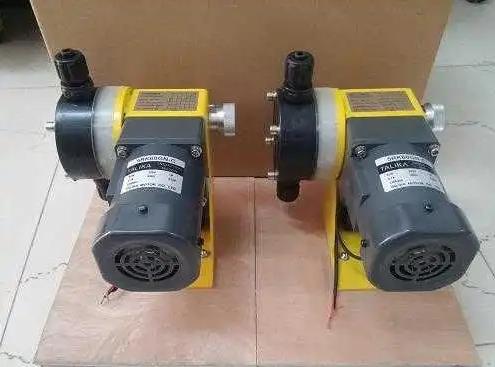
In conclusion, chemical injection pumps play a vital role in the oil and gas industry. They are used to inject various chemicals into pipelines and equipment to protect them from corrosion, prevent scale buildup, inhibit hydrate formation, break down emulsions, and prevent wax and asphaltene buildup. The selection of the chemicals and the type of pump used depends on the specific needs of the operation. The use of chemical injection pumps ensures the safe and efficient operation of various processes in the oil and gas industry.
What’s more, if you want to know more about chemical injection pumps or plan to purchase some equipment, WIGNOIL, a reliable chemical injection pump manufacturer, could give you professional answers and high-quality service, as well as provide customized chemical injection pumps. If you have any questions, don’t hesitate anymore, welcome to contact us.

